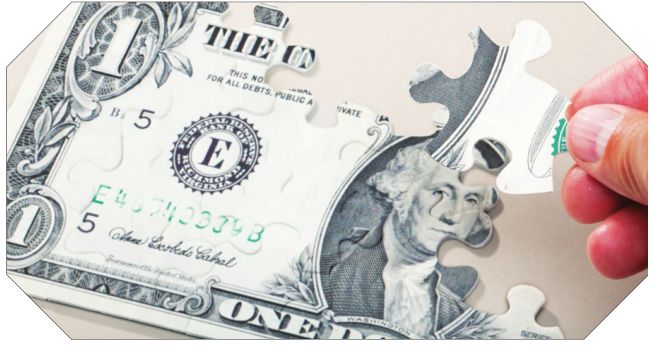The economy is still reeling from the recession, and the

question of when the global economy’s struggles will end remains a mystery. One thing we do know is that when the economy does finally rebound, it won’t remain stable forever, and it’s imperative that men and women prepare for the next recession, even if that preparation begins before the current recession ends.
The up-and-down nature of the economy has made it difficult to plan for tomorrow, let alone years down the road. However, there are steps people can take to protect themselves from the next recession.
Expect a recession every few years.
One of the best things people can do when preparing for a recession is to understand that recession is normal and will likely occur every few years. When the current recession ends, recognize that another one might be right around the corner. Understanding the nature of a recession helps men and women control their finances and be better suited to handle it when it makes its inevitable return.
Reduce debt.
Debt is an albatross regardless of what state the economy is in, but carry ing significant debt during a recession is like playing with fire. During the current recession, many workers lost their jobs, and even those who didn’t might not be so lucky when the next recession arrives. Paying down debts now improves financial flexibility down the road, and that flexibility could make the difference if the next recession arrives and you find yourself out of work. If you carry substantial debt on a credit card, contact the company and discuss reducing your rates or even transferring the debt to a different card with lower rates.
Save, save, save.
Individuals should have an emergency fund set aside for surviving a recession should they find themselves suddenly out of work. One of the more astonishing things about the current recession was how quickly many people’s cash supplies dried up. An emergency fund should be enough to pay your bills for at least six months and as much as a year, if not more. Conventional wisdom used to suggest men and women have enough saved to get by for anywhere from three to six months. However, the job market remains so difficult that people can toss that conventional wisdom aside and save more. This might sound simple, but saving has apparently fallen by the wayside. A 2011 poll from the National Foundation for Credit Counseling found that 64 percent of Americans would need to utilize a source other than their savings account to pay for a $1,000 unplanned expense. This illustrates that many simply aren’t saving enough. Start now, even if contributions are small, and don’t stop saving.
Diversify.
Diversification is a good investment strategy, but it’s also effective as a professional strategy. With regard to your portfolio, balance your assets and make sure all of your eggs are not in the same basket. With regard to income, examine new ways to make money.
Diversify your income by doing some freelance work on weekends or weeknights. Even if the amount you earn is relatively small, it can be added to your savings and, should you find yourself out of work, this extra income softens the blow.
Cut back on monthly expenses.
Everyone has monthly expenses they insist they cannot live without. Premium cable channels or monthly trips to the salon might seem like must-haves, but they’re really not. If your savings are especially low or your debt is especially high, cut back on unnecessary expenses until your savings account has grown significantly or your debt has been eliminated.